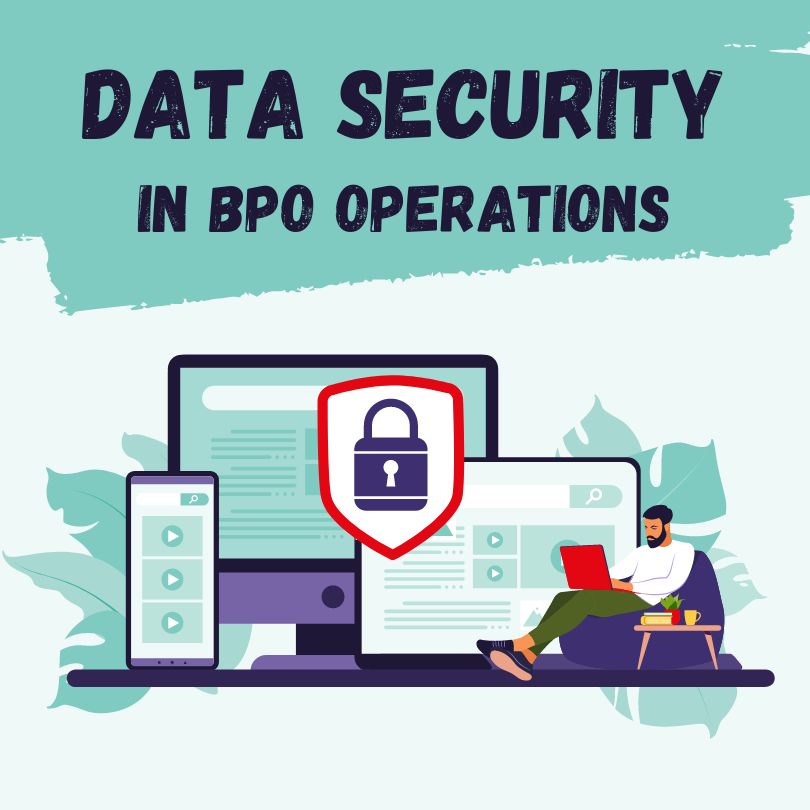
Securing data in business process outsourcing (BPO) operations is very important for the preservation of trust with clients and the safeguarding of confidential information. Infosearch BPO guarantees data security in all its operations, including BPO services. Here are several strategies we use at Infosearch BPO Services to ensure data security:
1. Implement Robust Access Controls: It’s necessary to give access to sensitive data only to authorized workers. Use RBAC to assume that employees only have the necessary access to the data needed for their task assignments.
2. Encrypt Data: Encrypt data, whether while transmitting or at rest, with strong encryption algorithms. This ensures data safety in case it is intercepted or accessed by non-authorized parties.
3. Secure Network Infrastructure: Implement firewalls, IDS, and other security features to safeguard the network infrastructure from external threats. Implement security improvements on a regular basis, in order to address the newly discovered vulnerabilities.
4. Secure Physical Infrastructure: Ensure that physical access to the servers and the infrastructure by unauthorized personnel is prohibited. Ensure security by implementing measures such as biometric authentication, CCTV surveillance, and access control systems.
5. Employee Training and Awareness: Teach employees data security policies and good practices. Raise awareness about the significance of data security and the penalties for data leaks. Continue to carry out regular training sessions and assessments so that employees remain alert.
6. Regular Security Audits and Assessments: Carry out on a regular basis security audits and assessments to uncover the vulnerabilities and weaknesses of the system. Take such mitigation measures as are available to address these issues arising during the audit process. 7. Data Loss Prevention (DLP): Roll out the DLP technologies for tracking and regulating the flow of sensitive data within the company. There are different post-adjudication methods that can stop the sharing, transmitting, or use of sensitive data without one’s authorization.
8. Vendor Security Assessments: If third-party vendors are in place, make sure that they demonstrate that they adhere to the stringent security standards. Do regular vendor security assessments to determine that the vendors will meet data security requirements.
9. Incident Response Plan: Develop and keep your incident response plan current, including the details of the steps that are to be taken in case of a data breach or security incident. The plan should define actions on how to contain the breach, notify affected parties, and get the system back to normal.
10. Compliance with Regulations: Wherever applicable, ensure compliance with data protection regulations, including GDPR, HIPAA, or PCI DSS, depending on the type of data being processed. Keep in touch with revisions to regulations and make alterations to security measures subsequently.
Through the application of these steps, we at Infosearch BPO are able to minimize the risks of data leakages and confirm the importance of information protection to our clients. Contact us, to outsource your BPO Services to us.







Recent Comments